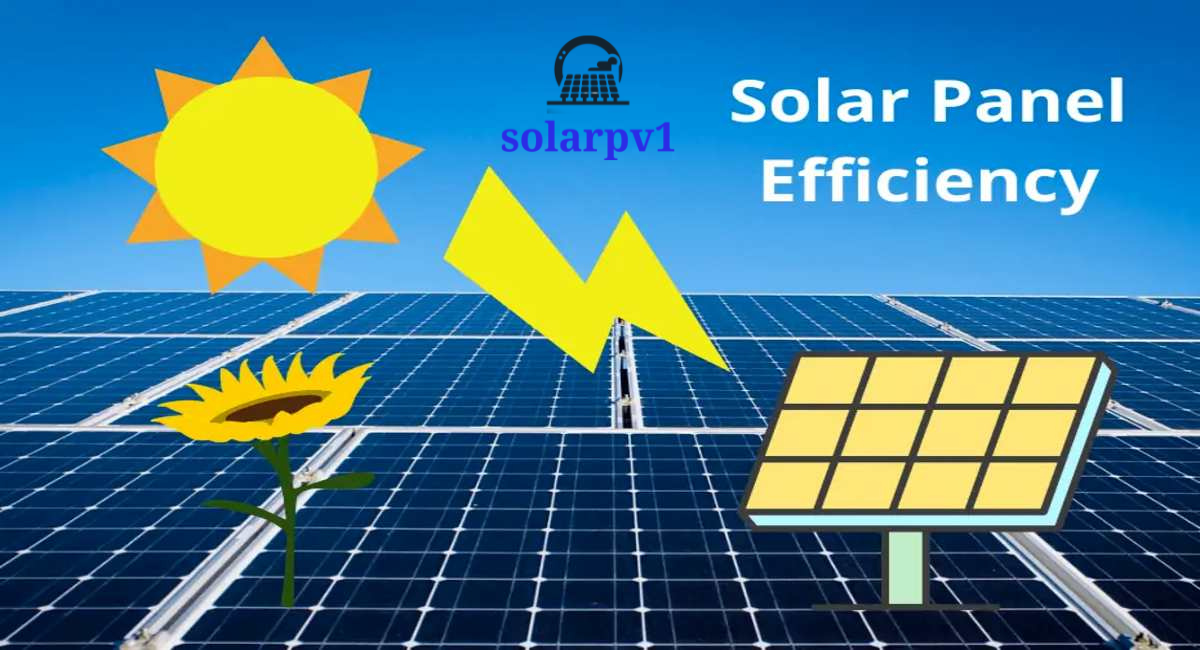Factors impacting solar panel lifespan
Solar panels are a significant investment for homeowners and businesses alike, providing clean and renewable energy for many years. However, like any other technology, solar panels have a limited lifespan. The longevity of solar panels is influenced by various factors, including:
1. Quality of Materials
The quality of materials used in the manufacturing of solar panels plays a crucial role in their longevity. High-quality panels are designed to withstand harsh weather conditions, such as extreme temperatures, high winds, and heavy snowfall. They are also less prone to corrosion and degradation over time. When choosing solar panels, it is essential to select reputable manufacturers that use durable and reliable materials.
2. Installation and Maintenance
The installation and maintenance of solar panels are vital for their long-term performance. Proper installation ensures that the panels are securely mounted and positioned to receive maximum sunlight. Additionally, regular maintenance, such as cleaning the panels and checking for any damage or defects, is necessary to ensure optimal efficiency. Neglecting maintenance can lead to reduced performance and a shorter lifespan for the panels.
3. Environmental Factors
The environment in which solar panels are installed can significantly impact their longevity. Factors such as temperature, humidity, and air quality can affect the performance and durability of the panels. High temperatures can cause the panels to degrade faster, while excessive humidity can lead to corrosion. Similarly, poor air quality, such as high levels of pollution or dust, can reduce the efficiency of the panels over time. Choosing the right location for installation and considering these environmental factors can help prolong the lifespan of solar panels.
4. Sunlight Exposure
The amount and quality of sunlight that solar panels receive directly affect their performance and longevity. Panels installed in areas with ample sunlight and minimal shading will generate more electricity and have a longer lifespan. Conversely, panels that are frequently shaded or exposed to indirect sunlight may experience reduced efficiency and a shorter lifespan. It is important to consider the positioning and orientation of the panels to maximize sunlight exposure.
5. Electrical Components
The electrical components used in solar panel systems, such as inverters and wiring, also play a role in their longevity. High-quality components are designed to withstand the demands of solar energy production and are less likely to fail or degrade over time. Investing in reliable and durable electrical components can help ensure the long-term performance and lifespan of solar panels.
Final Thoughts
- While solar panels have a finite lifespan, several factors can influence their longevity. Choosing high-quality materials, proper installation and maintenance, considering environmental factors, maximizing sunlight exposure, and using reliable electrical components are all essential for prolonging the lifespan of solar panels.
- By taking these factors into account, homeowners and businesses can make the most of their solar investment and enjoy clean and renewable energy for years to come.
